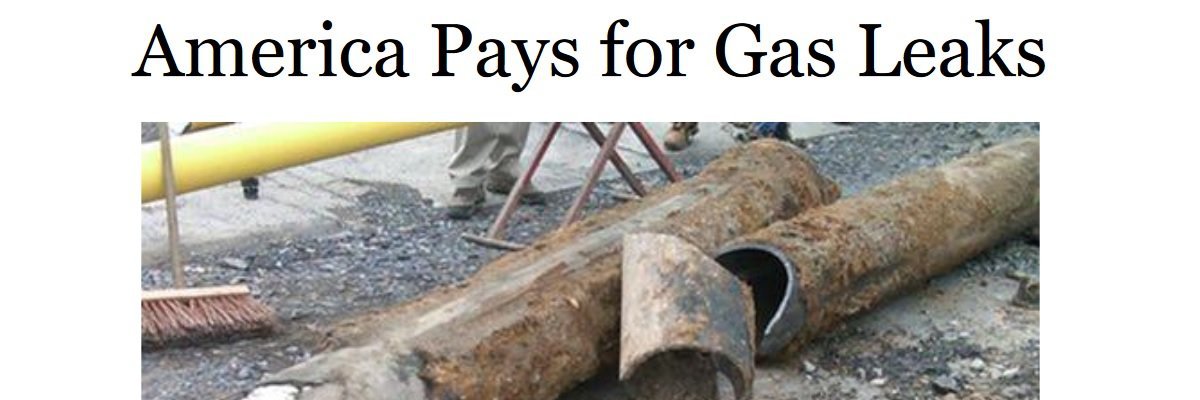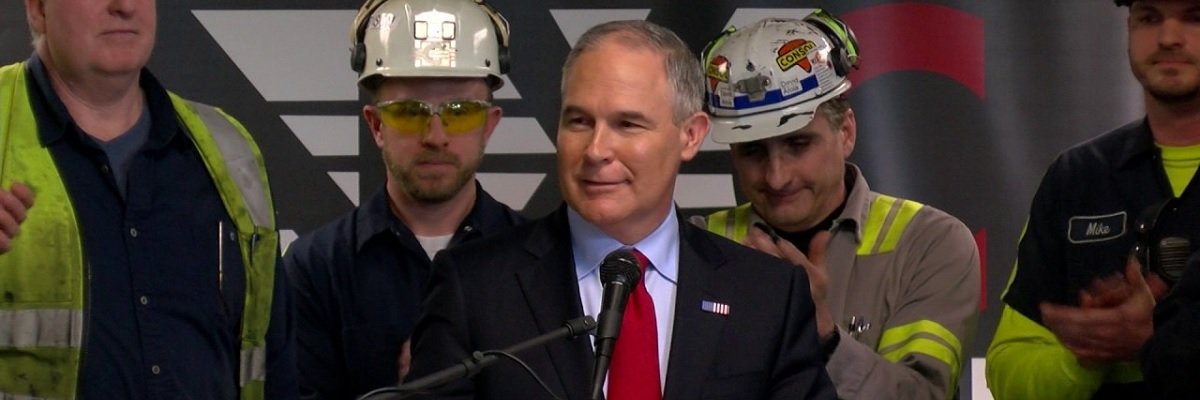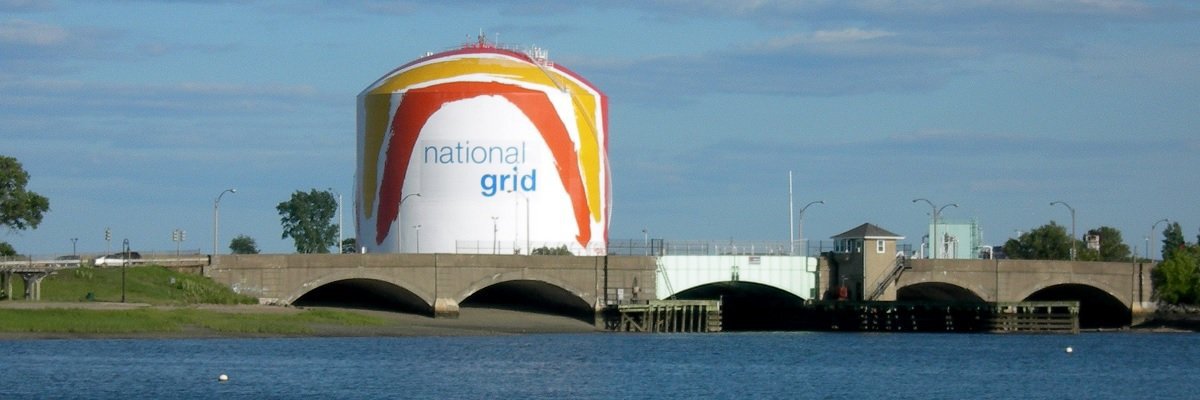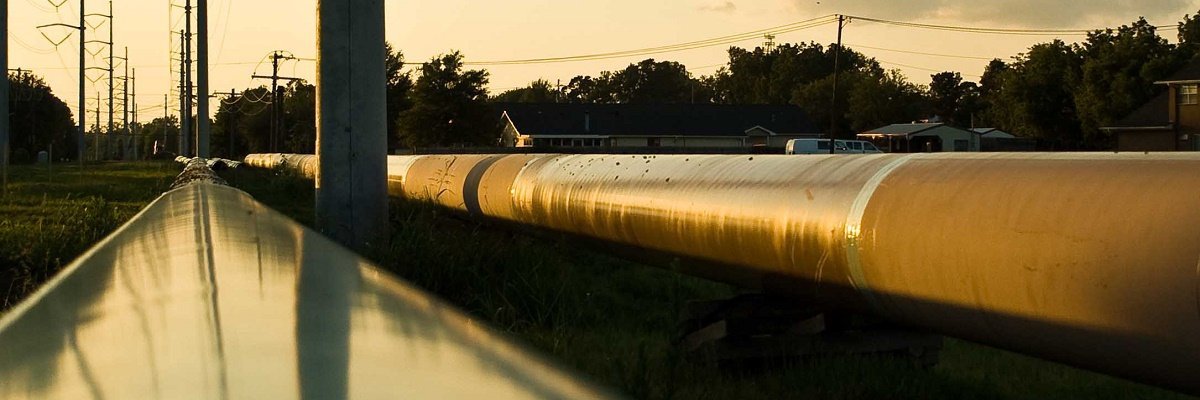Beneath Massachusetts streets, natural gas seeps from leaky pipes, and the utility companies who need to make up for lost product have been passing the costs onto the consumer. From 2000 to 2011, ratepayers were charged between $640 million to $1.5 billion in fees for unaccounted gas.
At the end of June, Governor Deval Patrick signed Bill H. 4164 into law, setting regulations for a system by which gas companies need to assess leaks and mandating plans for the replacement of gas lines. To facilitate communication between towns and utilities in their replacement of inefficient infrastructure, municipalities may now request gas leak information from the Department of Public Utilities.
With such information, public works projects which would already necessitate access to outdated underground veins can be utilized as an opportune time to replace shoddy equipment, and town taxpayers can demand something be done about their rate dollars being unnecessarily released into the atmosphere.
In an effort to encourage local officials to take advantage of this new access, MuckRock has submitted requests for gas leak maps to over half the municipalities in Middlesex County as well as a request for those towns that have been in touch with the DPU. Thus far, a number of towns have claimed no possession of the materials, suggesting they haven’t obtained them yet themselves. Join us in prodding local officials to take the first information-gathering steps to cut down on wasted natural gas emissions and submit a request to your town. Feel free to copy and paste the request language below:
-
All maps of pipeline facilities (services, mains, regulators, etc.) provided by utility companies, including details regarding the age or dates of the installation of the pipeline, the material of the pipeline, and whether the pipeline is high pressure or low pressure. If you have these maps in shape files or in arc GIS, those formats are preferable.
-
The most recent inventory of outstanding leaks on the distribution system within the boundaries of municipality, including the location of the leak, date the leak was identified/classified, the grade of the leak, whether the leak has been reclassified or designated for repair, and the date on which the inventory was compiled.
-
The list or map of pipeline segments currently scheduled for replacement.
Check out our pending requests here, and if you file with your local clerk, be sure and let us know at info@muckrock.com - for every five gas leak-related requests you file, we’ll refund two.
Image via Markey.Senate.gov




